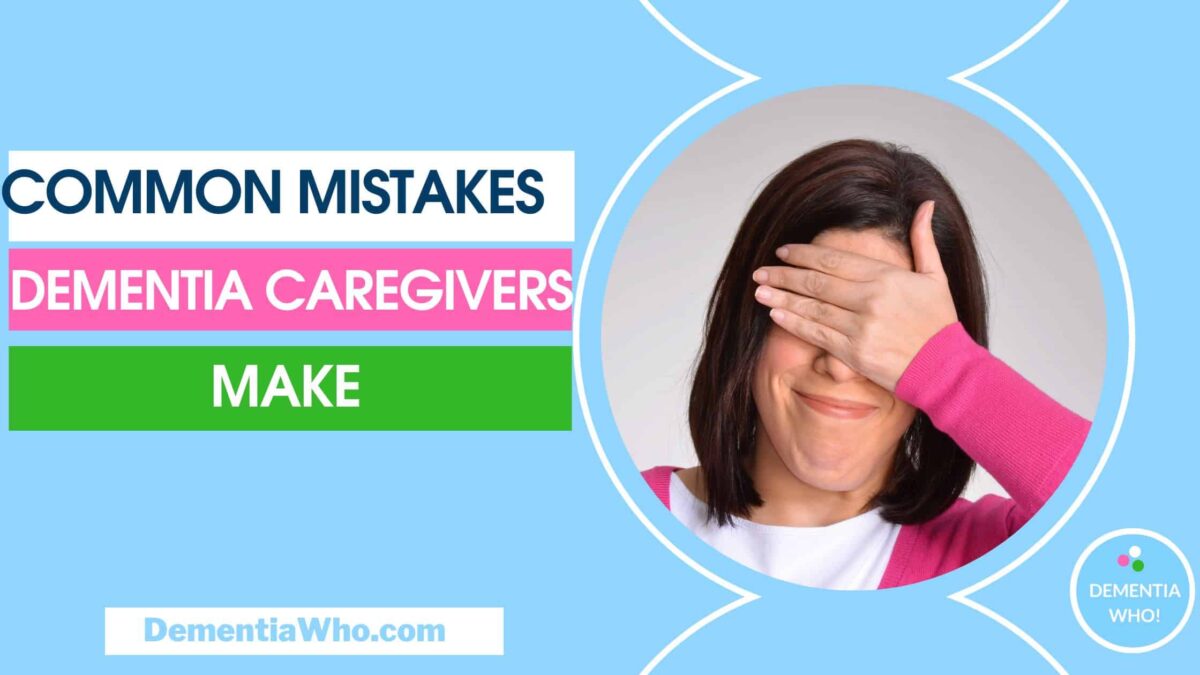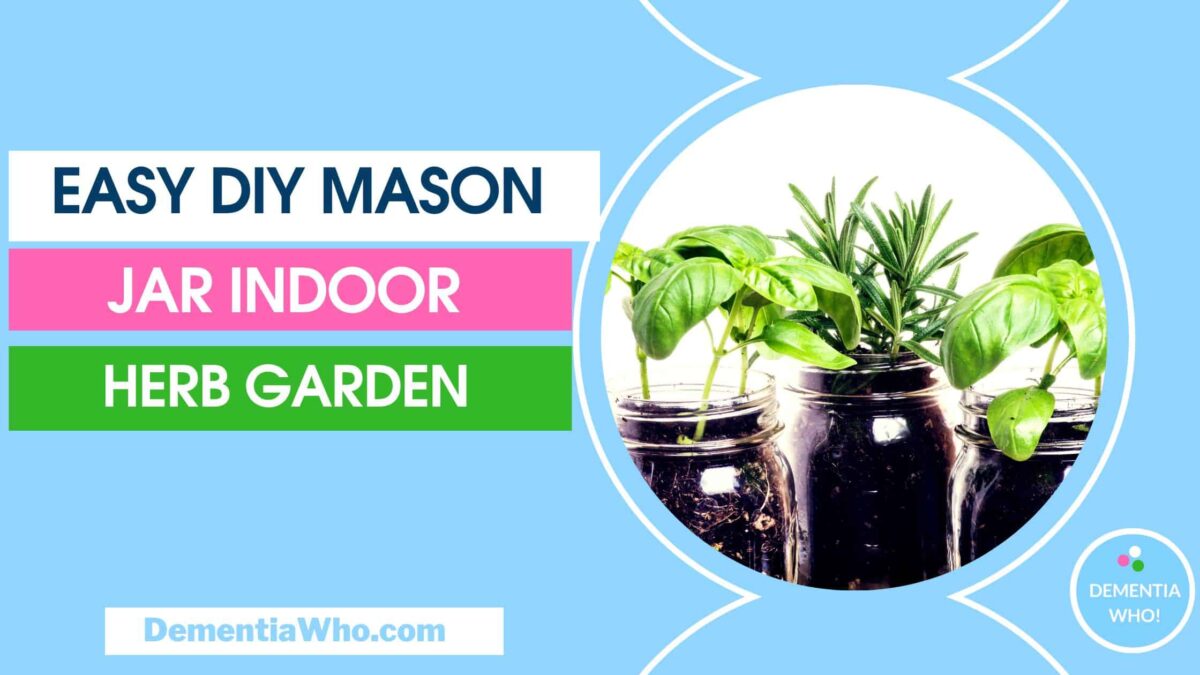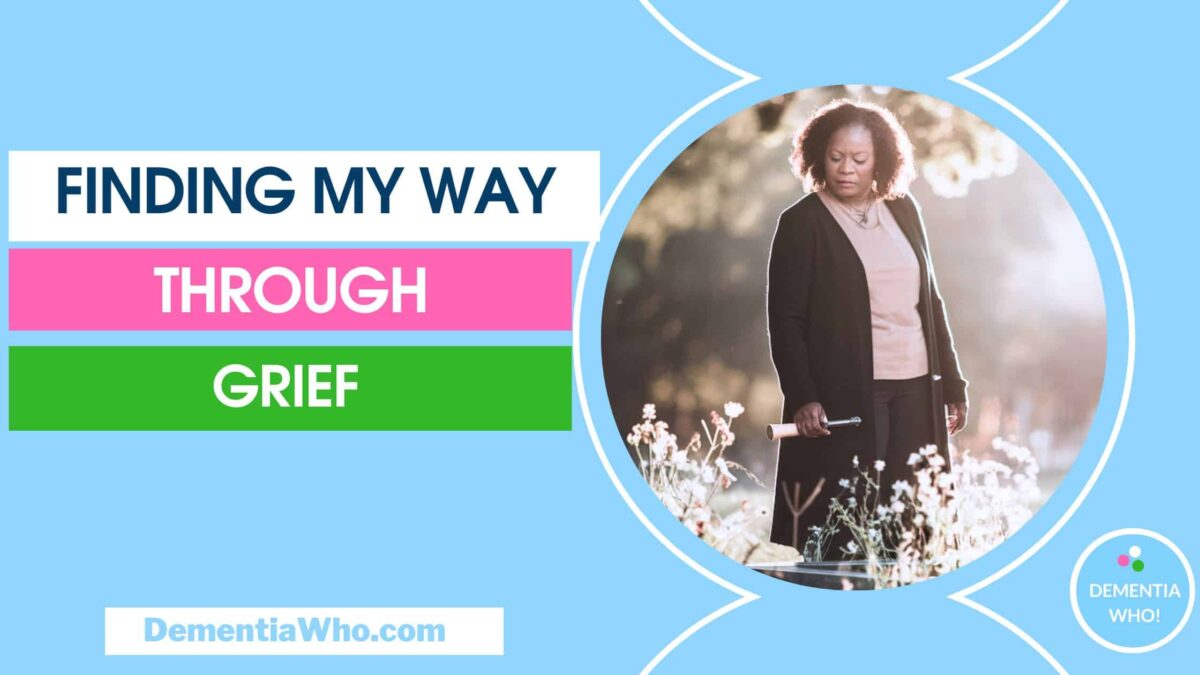You know, that old adage: use it or lose it, well that applies particularly with dementia. The ability to stay independent with dementia for as long as it’s safe to do so is key in fighting this cruel disease. I’ve seen it with my mum with Alzheimer’s, when she stopped walking fearful of falling (one of the first signs for her) and how that led to confidence issues in her abilities and it began the start of her decline.
A dementia diagnosis is only the beginning of this new life, things will change but staying independent is important. It’s important for someone with dementia to set boundaries, to have their wishes respected but also have the ability to listen to others when the time is right.
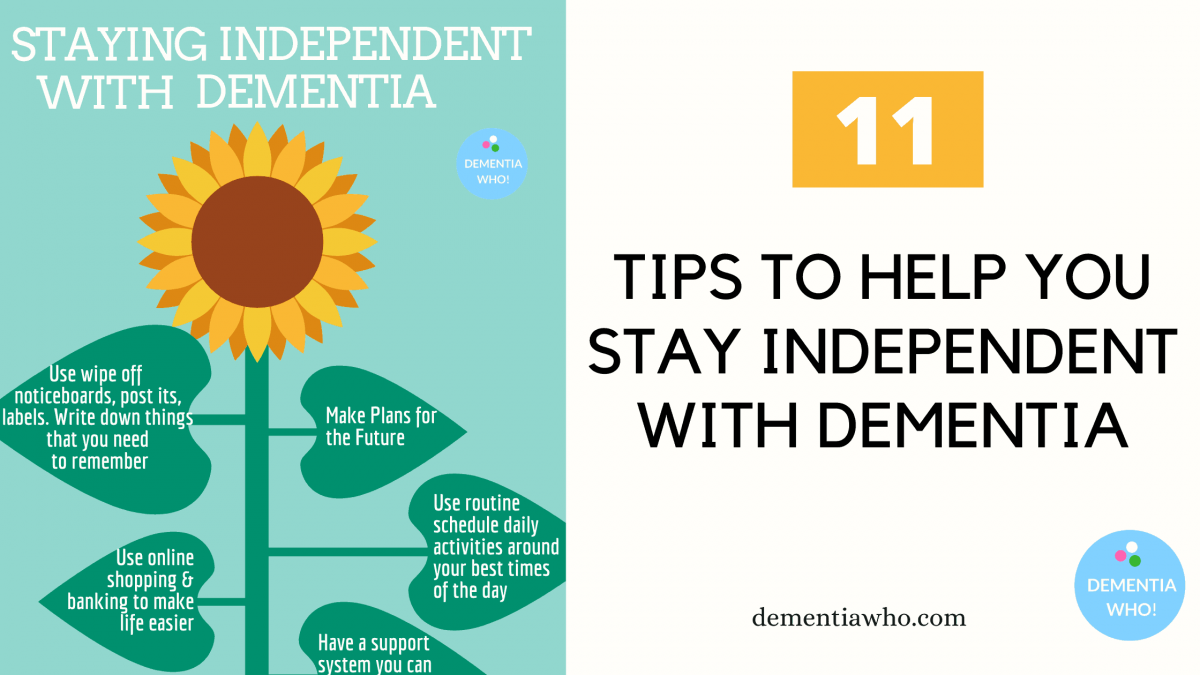
Staying Independent with Dementia: 11 Must-Know Tips for Daily Living!
Here are some tips to help you stay independent living with dementia.
1. Make Plans for the future
Thinking about the future is tough, but it is an important step in staying independent with dementia. Now is the time to put in place the legal, financial, health and lifestyle considerations you want. It’s best to do this at the earliest possible opportunity once diagnosed if you haven’t before. It allows you to express your wishes, choices and preferred options. It reduces stress for you in a sense as you have offloaded those things that could cause anxiety for you in the future
It is a lot to think about and there are many resources that can help you navigate the process. I would recommend the My Future Care Handbook. I’ve attended a course run by Mycarematters where they guide you through the handbook. What’s great about it helps you to prioritise what’s important to you and that helps guide your journey through the handbook. It’s a one-stop information resource for all your future planning needs. You can work through it online and set up a my care profile that can be shared digitally. Highly recommend it!
2. Make Notes
A notes system to keep track of your daily activities or to share information about you is one way to stay independent. You can use wipe off noticeboards, a diary, post-it notes, smartphone note functionality, or calendars etc.
Most people have some form of reminder system in place to help them remember important things. That’s no different for someone with dementia. Use post-it notes or signs to identify cupboards, draw contents, and label clothes drawers. Have a reminder notice by the door to remember to pick up keys, coat etc. There are different ways of making notes that can help someone live more independently. Dementia caregivers can also help by writing up reminders on notice boards.
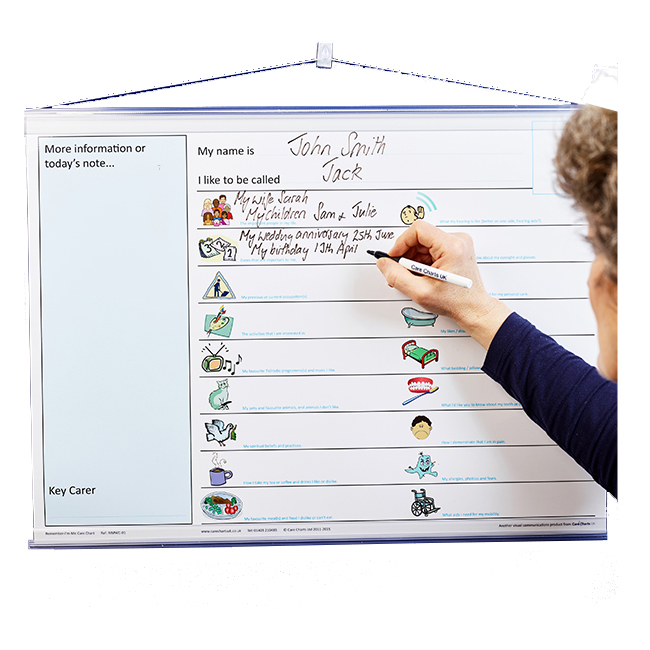
3. Keep a Diary
As time goes by, recollections of the day’s events or people you meet may begin to fade. By keeping a diary you’ll be able to note down what you did, who you met, how you felt and more. These diary entries can be a great tool to help with your memories or just bring you joy in reminiscing of previous events. You may not be a dairy person, so using your calendar could give a similar but less detailed overview of how and where you spent your time.
4. Stay active, positive and maintain a social life
Staying active, positive and doing things you love help maintain your quality of life. These days there are so many positive examples of people living with dementia and these beacons are slowly changing the landscape & perceived stigmas associated with dementia.
One person with dementia is one person with dementia.
We are all different, at different stages of dementia and can’t be treated as one homogeneous group. Some may find it difficult to deal with your diagnosis, whilst others will take it in their stride. Maintain those friendships as best you can
5. Online Tools
You may find it difficult to go to supermarkets depending on the type and stage of dementia you are in. The noise, getting there, finding your favourite foods might become impossible now. If you can use an iPad or a phone you can do online shopping, banking, pay your bills and many more things to make life easier. If you find these devices too difficult you can turn to family, friends to help. You can use a shopping app or make a list using good old pen and paper or have a family or friends do your ordering for you.
6. Daily Routines
Establishing routines at the beginning helps cement and lay down patterns for day to day living. One of the things we established with mum is that she is much more active, and outgoing in the morning. By mid-afternoon, her anxiety increases and sundowning kicks in. As a result, we do more physical stuff, make appointments, do activities together in the morning. You can schedule your activities to fit YOUR best times of the day and build daily routines around those times.
7. Have a support system
This is one of the most important pieces in the puzzle of staying independent with dementia. Your support system is in your corner, no judgement, no questions always there to support and enable you. It includes family, friends your GP, social worker, dementia alliances and groups who can relate to your circumstances e.g DEEP network. They can help you build routines, drive you, meet you, be there for you, lend a friendly ear, help with organisation and day to day life when you ask for it. Learning to ask for help is not losing your independence. Just know when to ask for but if you’re worried remember to set your boundaries.
8. Technology
Technology has come a long way and it can be used to help you stay independent with dementia. It doesn’t have to be high tech, it could be a door chime that reminds you to lock the door as you leave when you pass it. It could be a phone with photo’s on it so you don’t have to remember peoples phone numbers or a simple clock to remind you to eat. You might even use a smart device to use voice commands to turn on lights as you go upstairs or a smart plug that turns the kettle on for you every morning.
It really depends on how easy it is to set up and use for someone living with dementia. But tools are being developed every day it’s just finding the one that fits, get help through dementia groups or recommendations from family & friends. There are many assistive technologies that can help make life better.

9. Home design
It’s worth having a look at your home design from a safety perspective and removing any hazards. We removed a massive coffee table with sharp corners as it became too hard for mum to walk around. We added low floor lightning from the bedroom to the bathroom to avoid falls. You could look at lighting, floor coverings, obstructions to line of sight clues to what each room is. Colours are important as dementia progresses, visual and spatial awareness is affected, using busy patterns or colours too similar might make it hard to differentiate items.
10. Home Adaptions
Dementia is a disability so you may be eligible for help with home adaptions. These could come through local government as they do here or through grants and trusts that may be available in your area. It’s worth getting in touch with your local council to determine if they can support changes.
Changes like an accessible bathroom, grab rails, equipment that can help facilitate daily living. Talk with an Occupational Therapist about what would help as your dementia progresses. There is a great site that asks what areas you have problems with, you fill out a short survey and then it recommends products or adaptions that might be suitable for you.

11. And Finally – Resources
Information is out there in abundance to help you in your journey. Organisations like Alzheimer’s Society, Dementia UK, Age UK, Alzheimer’s Association, Dementia Engagement and Empowerment Project (DEEP) and more. Forums, helplines, and social media are other portals of support.
An excellent resource is the Living with Dementia Toolkit for people with dementia and their carers. The toolkit covers in-depth all the areas that can help you live well with dementia.


